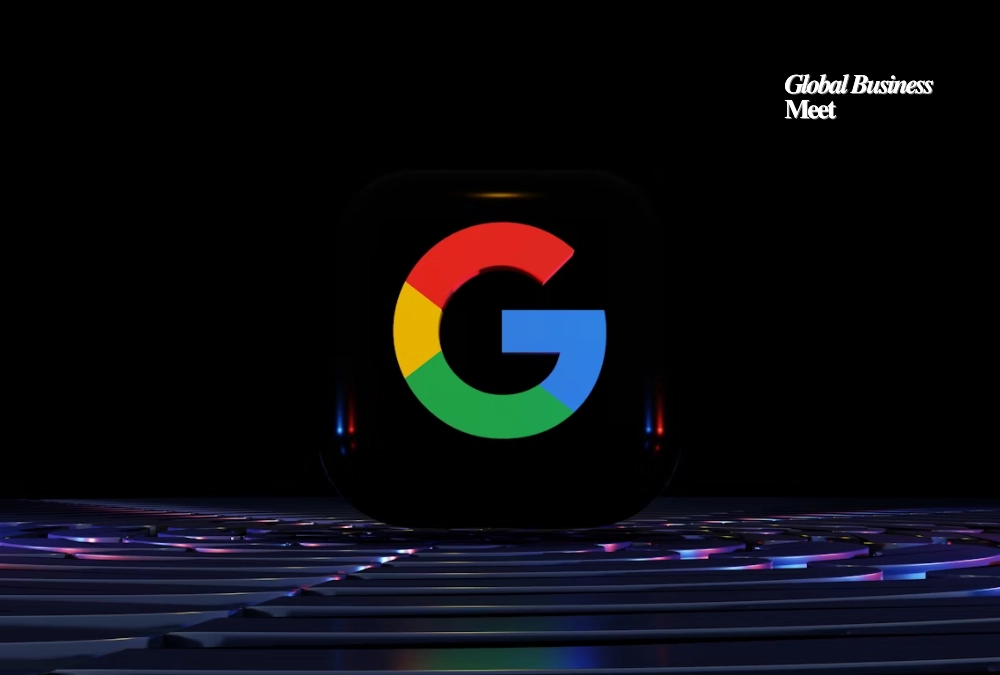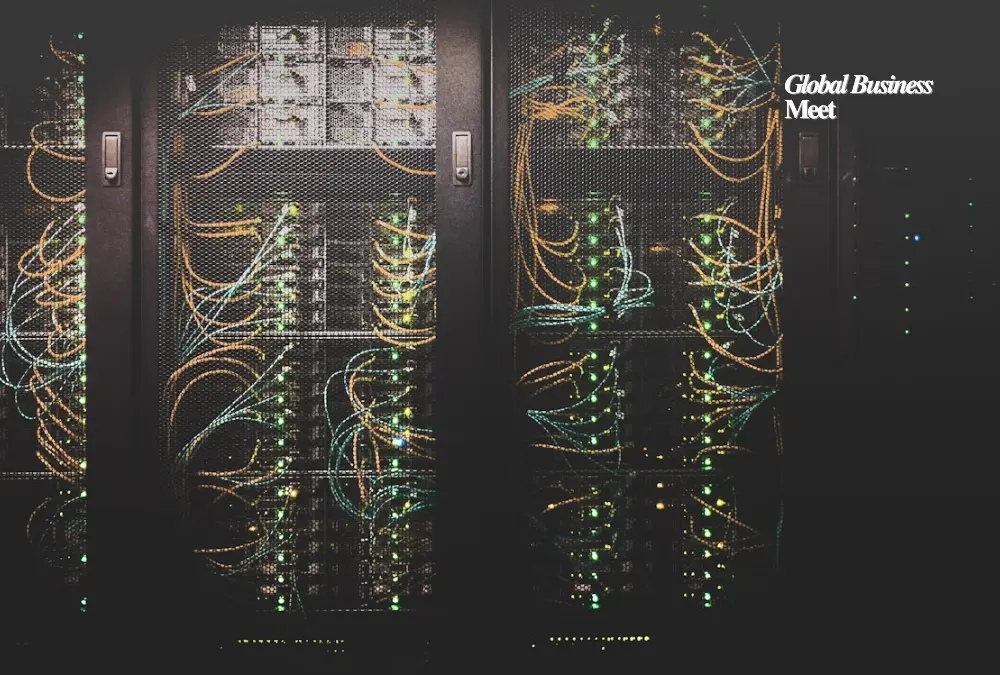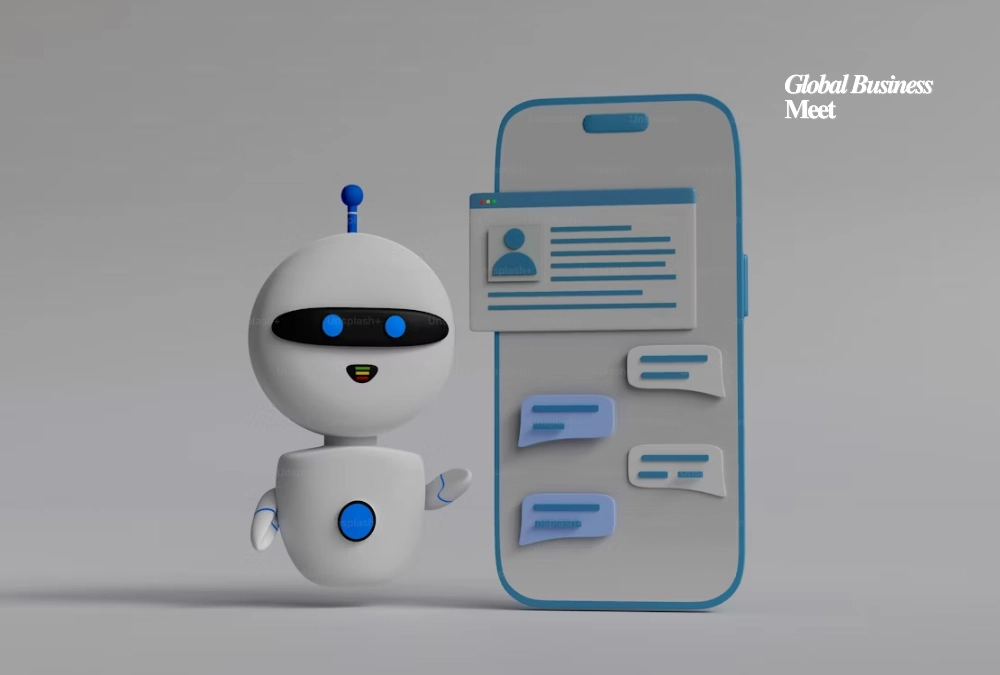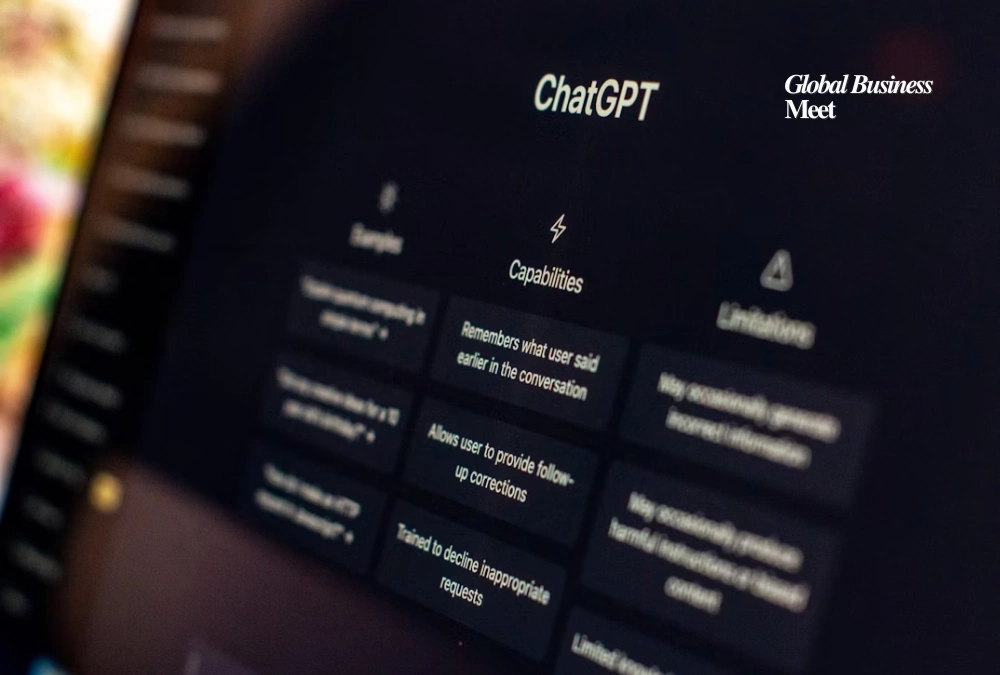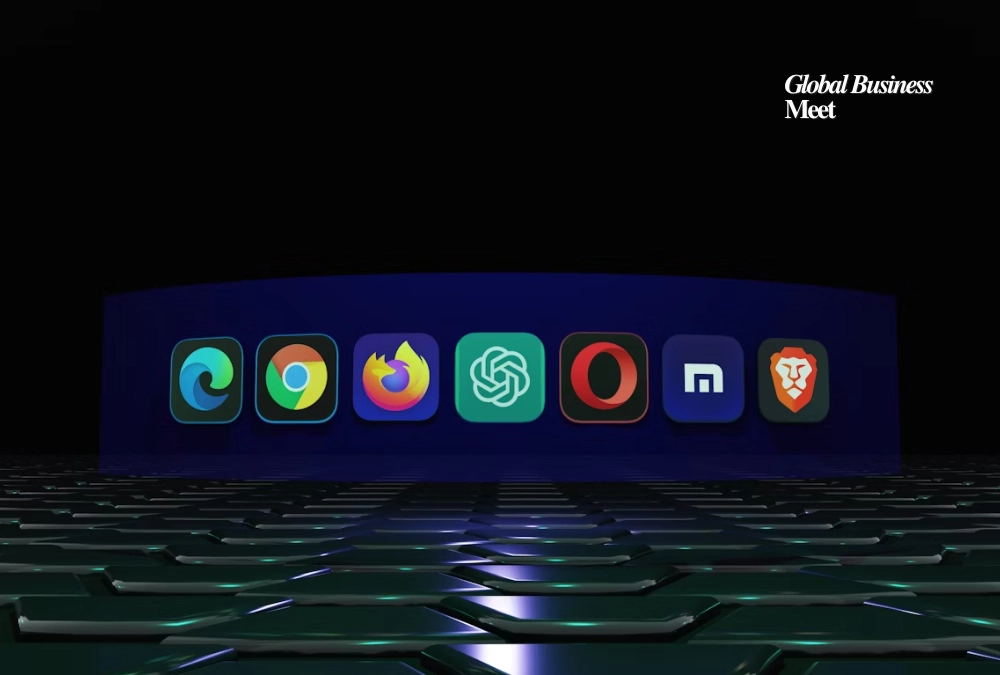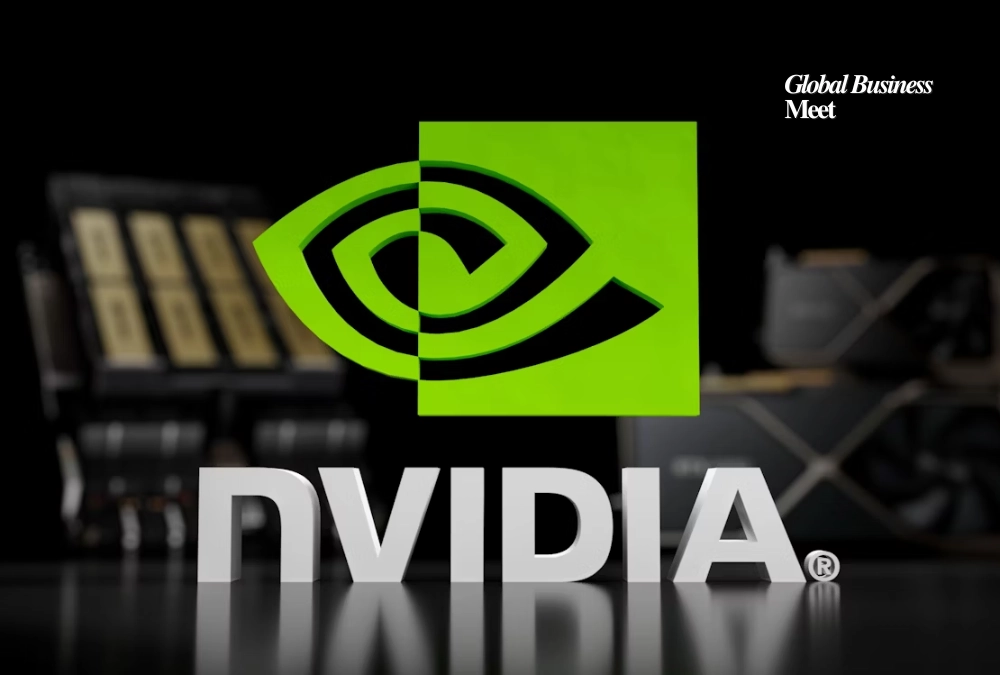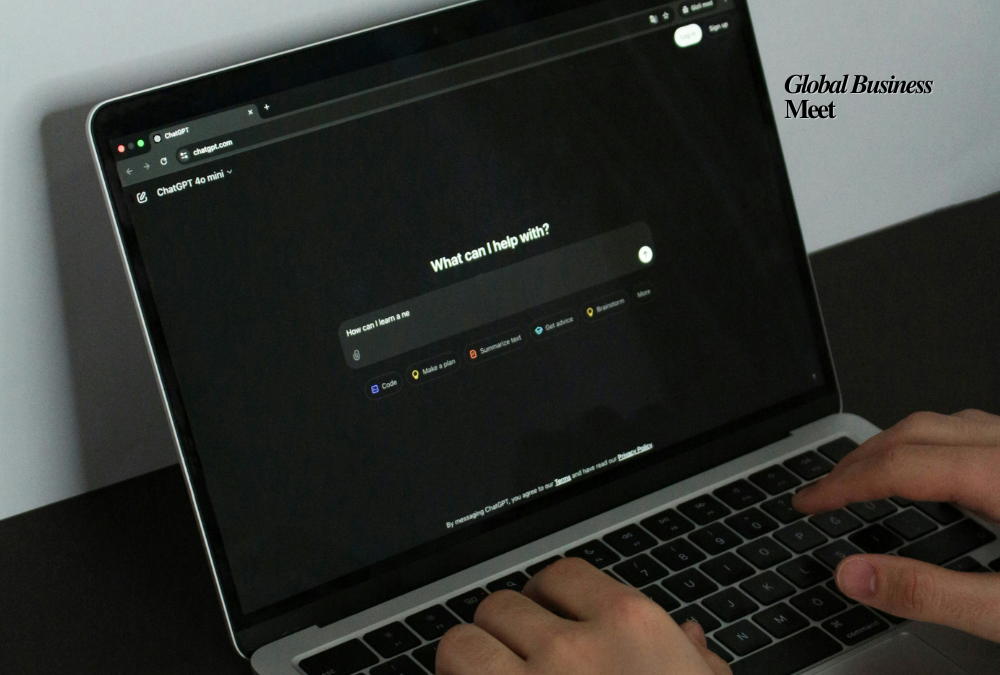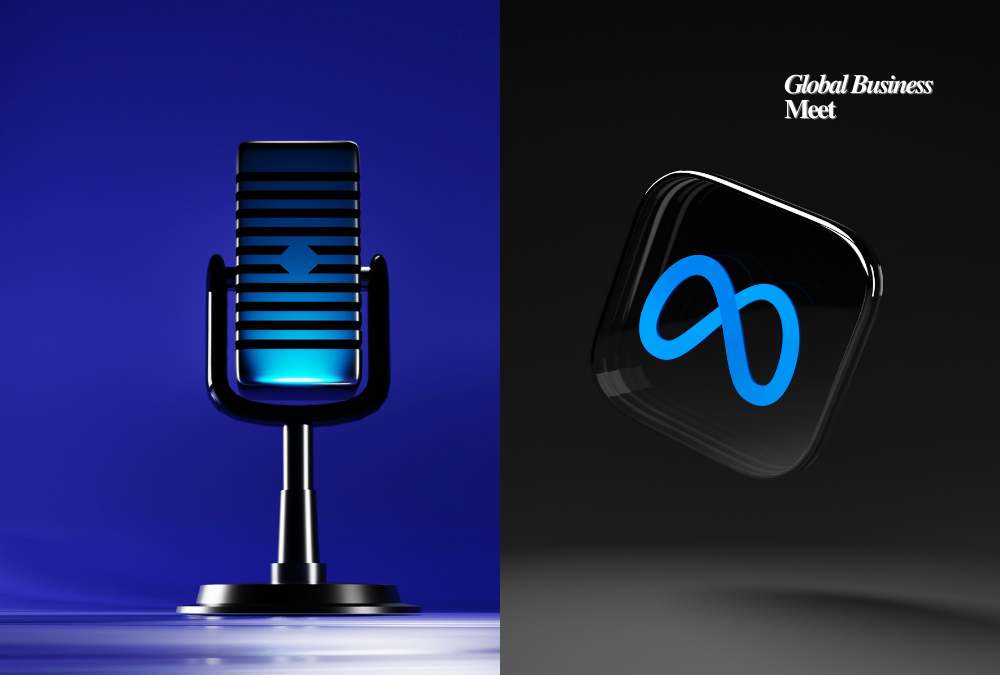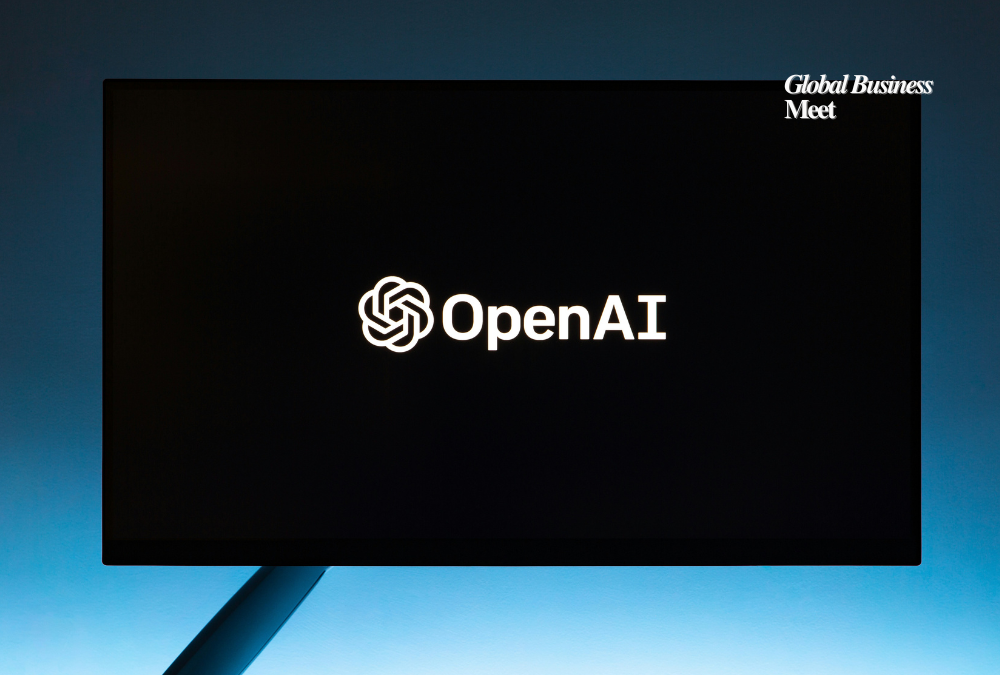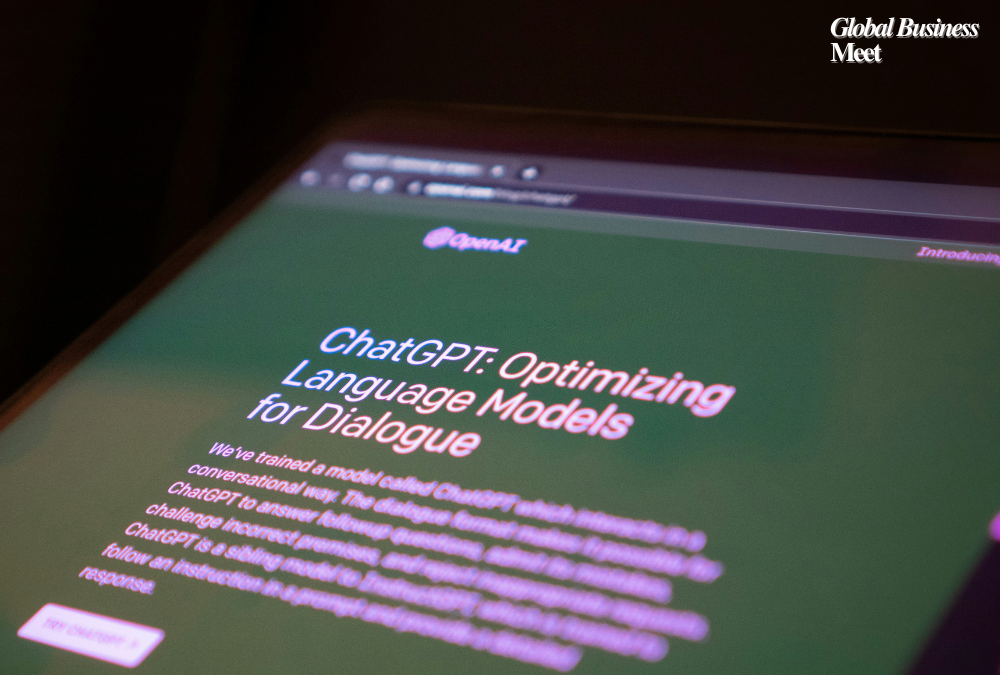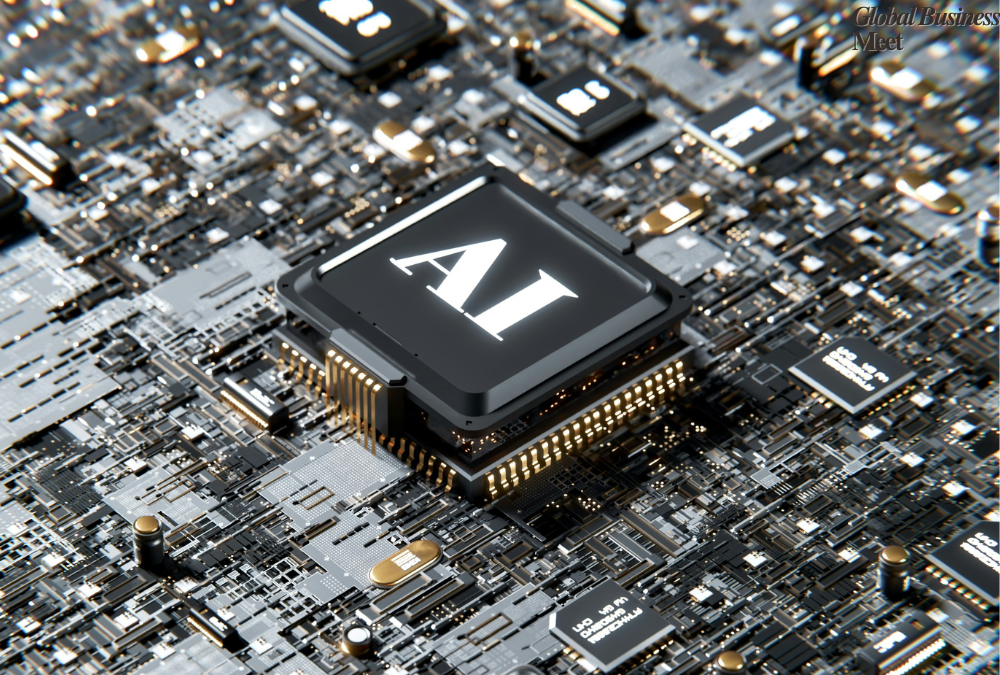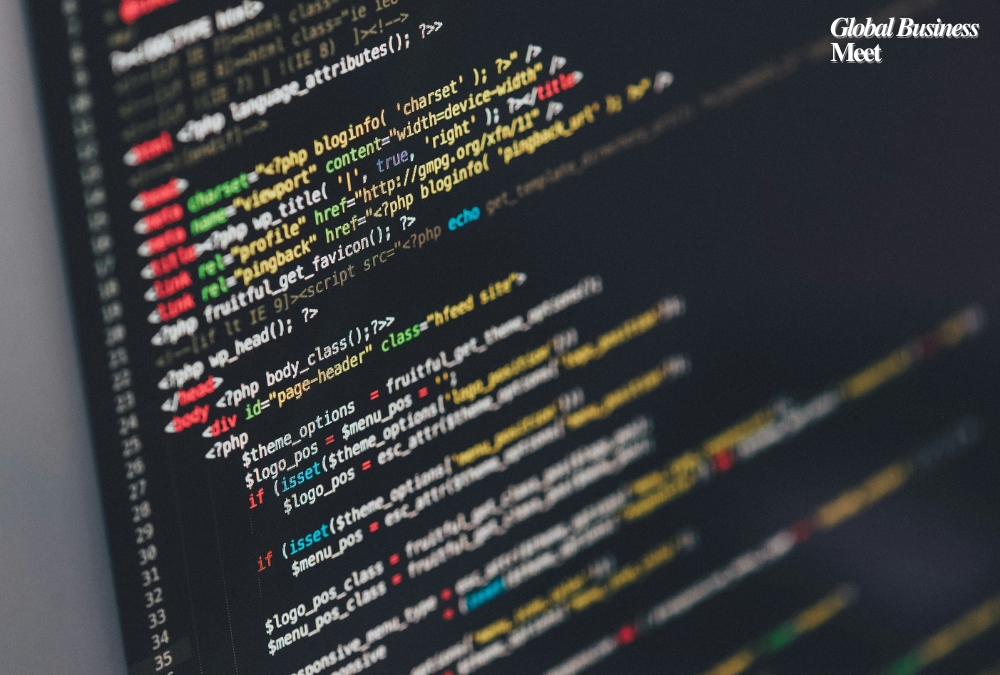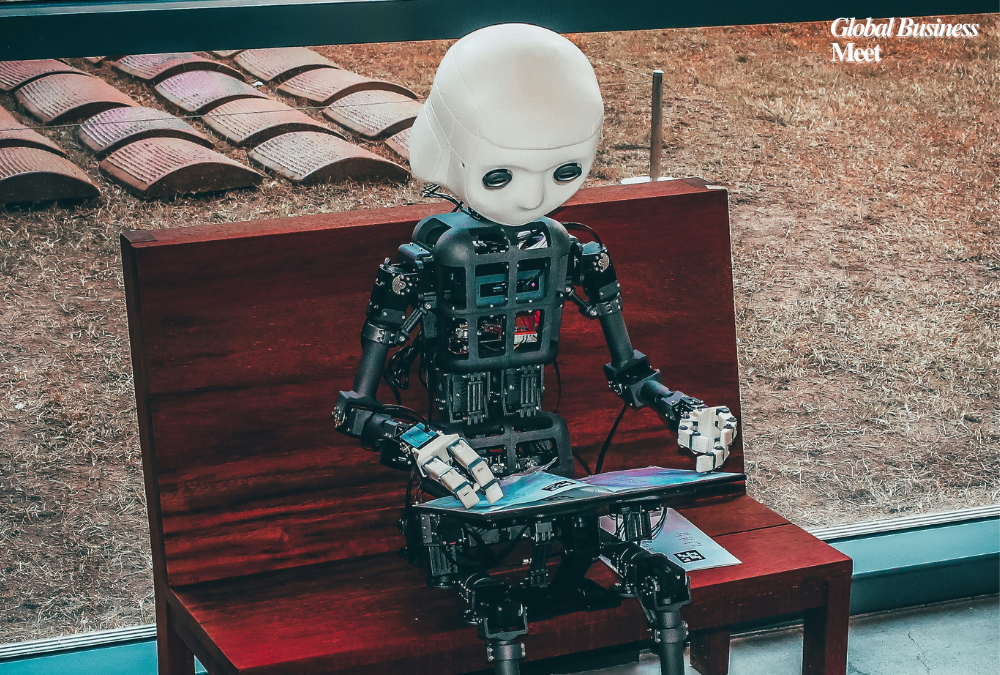
GitHub Copilot officially exceeded 20 million total users and this is a revolutionary event in the world of AI-driven software development. Copilot has gone through several changes over time, starting as a technical preview in 2021 before becoming a coding companion widely adopted in the world today by both individual developers, startups, enterprises and education institutions. This boom is indicative of a significant change put in place towards software development where AI is set to integrate fully into the creation.
Formation of GitHub Copilot can be attached to its robust incorporation with developer economy and sustenance of features. Constructed as an AI pair programmer, Copilot not only proposes full lines, or blocks of code, but does so depending on the surrounding context of the code in which it is working, so it is invaluable in making a developer more productive. The fact that it supports a wide variety of programming languages, Python and JavaScript, Rust, and Kotlin, means that it appeals to a wide array of users. Its usability with Visual Studio Code, GitHub Codespaces and JetBrains IDEs has also made it popular.
The productivity has been hit severely. According to surveys, Copilot assists developers in saving volumes of repetitive tasks by reducing the amount of time spent every day on coding to save a range of 40% so that the progress of the development process can go even in problem-solving and innovation. Companies under use Copilot Startups, SMBs get more output without needing to hire more engineers, and enterprise-level businesses use Copilot to streamline workflows and create application programming interface (APIs). The tool is also making its way into education, with programming fundamental classes becoming more common and some interactions occurring between the teachers and students.
To GitHub and Microsoft, the Copilot success confirms their monopoly in the field of AI coding. The monetization process of the platform involves a free and paid subscription to cover the sustainable growth and provide value to a variety of user groups. Smart with the support of Microsoft AI technology, Copilot is still evolving and new features are coming out including better reasoning in the tool, better debugging recommendations, and additional enterprise capabilities such as injecting custom knowledge with compliance capabilities.
In the future, GitHub intends to broaden the sandbox of Copilot to additional programming environments, such as native mobile IDEs and editors in the browser. The other features that the roadmap contains are advanced team collaboration capabilities, custom model tuning, and closer enterprise workflow integration. Such trends are focused to turn Copilot not only into a coding assistant but to become a part of the software development lifecycle.
Copilot is not without challenges, in spite of its success. The quality control is also essential because the code written by AI may contain bugs or security vulnerabilities unless analyzed by developers. Intellectual property and licensed issues persist in receiving prompts, especially in the case of the creation of code snippets based on the available public repositories. Over-dependence is also a threat, particularly to the junior developers who may forego learning the basics. More than that, the other companies such as Cursor, Amazon CodeWhisperer, and Replit Ghostwriter start the race to take over the AI coding assistant market.
The majority of reviews by users are favorable, and developers note the possibility of speeding up the working process and making difficult tasks easier with the help of Copilot. The educators, though, insist on responsible use to avoid dependency, whereas the enterprise teams insist on tighter privacy control and analytics of AI-generated code.
The milestone of 20M users is not just a figure but it reflects a change of paradigm on how software is created and how developers approach their activity. GitHub Copilot not only transformed the concept of productivity in a coder, but also created a new world, where the perfection of collaboration between AI, and human programmers, is closer than ever. The tool will likely influence the future of programming as it keeps on developing further.




